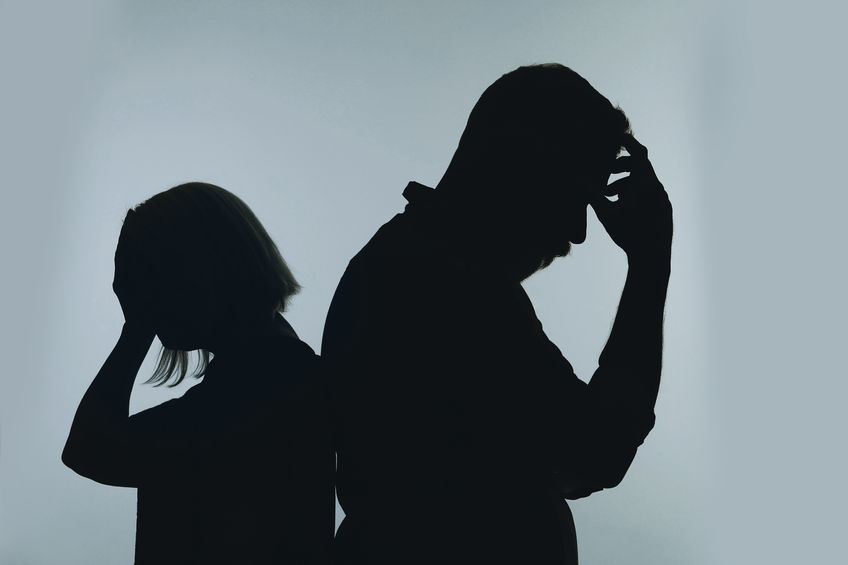By Sean Zucker –
With the contentious presidential election barely a month away, Americans are feeling the pressure and it’s probably not doing them or their relationships any good. Admittedly, election years are always stressful, but this one carries additional baggage with the COVID-19 pandemic and widespread social unrest. This emotional turbulence is not only at an all-time high, it shows no political boundaries.
The American Psychological Association’s (APA) recent report Stress in America 2020: Stress in the Time of COVID-19 highlights the current incredible level of national angst. The comprehensible report also underscores that emotional unease is a bipartisan issue. The APA, in fact, reports 77 percent of Democrats and 62 percent of Republicans are stressed out significantly by the current political climate.
Democrats and Republicans also report significant worry over the unpredictable future of the country with the APA reporting 76 percent of Democrats and 67 percent of GOPers saying this uncertainty is giving them emotional yips.
These latest findings mirror an eerily similar study produced by the APA four years ago during the last presidential election cycle, although the level of anxiety is higher now. The 2016 survey revealed that two in three Americans (66 percent) were stressed over the nation’s future, while 57 percent were uneasy over the political climate at the time.
The APA notes this type of stress can manifest itself in various ways, but none of these outcomes are beneficial. The symptoms often include a combination of emotional stress, such as tension, irritability and general anxiety and physical demonstrations that include headaches, insomnia, or stomach problems.
This growing emotional toll on the electorate is now well recognized. The New York Times, for good measure, coined the term ‘election stress disorder’ to represent this drastic drop in faith in the country’s political institutions and its emotional and physical impact on individuals.
Dr. Steven Stosny, who personally developed the term in 2016, warned recently that election stress disorder is raging now more than ever. “I think the reason it’s worse is because the 2016 election never really ended. This is still a hangover from that. And negative emotion is more contagious than positive emotion,” he told The Times. “I am in my 70s. I go back to Nixon and the Kennedy election and there’s always been negativity in politics, but I’ve never seen the voters attacked. Now, whoever would vote for that person wants to ruin our country. That’s a new phenomenon for me.”
While primarily a couples therapist, Dr. Stosny also went on to warn this dilemma can lead to chronic resentment, anger and emotional abuse between partners, even when they share political views. “I get surprisingly few couples where one’s a Democrat, one’s a Republican. They are usually the same party. They’re angry at the same people, but they take it out on each other. So, it seems like a domestic argument, but it really is being caused by the environmental stress,” he explained.
Is the antidote to election stress disorder simply not talking about politics? Maybe, says Dr. Julian Lagoy. The psychiatrist spoke with Healthline about how Americans can ease stress between now and the election. “We need to have some healthy detachment because worrying about the result is not going to change anything. The most we can do is vote and know we did everything we could and leave it at that,” she said.











